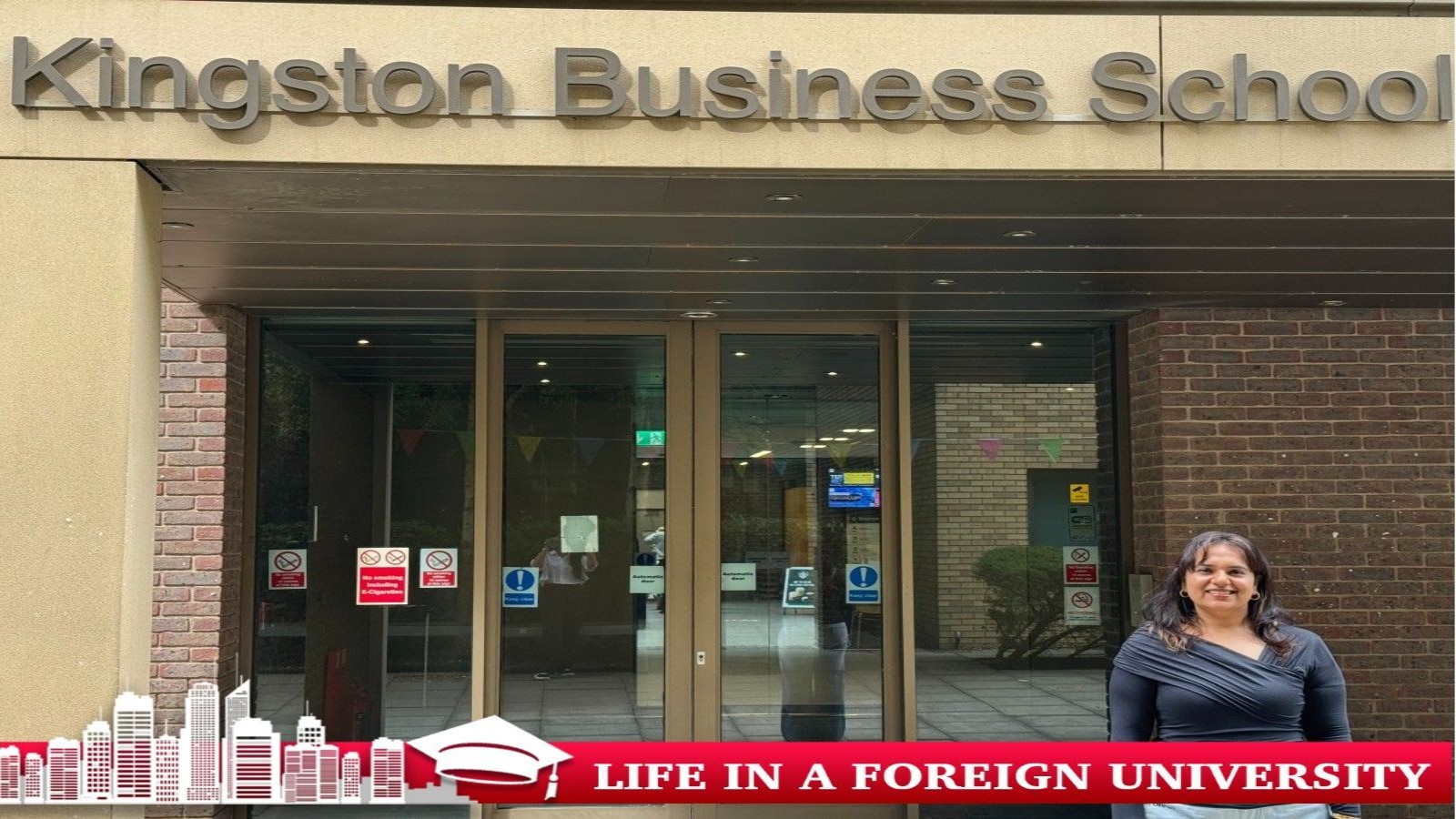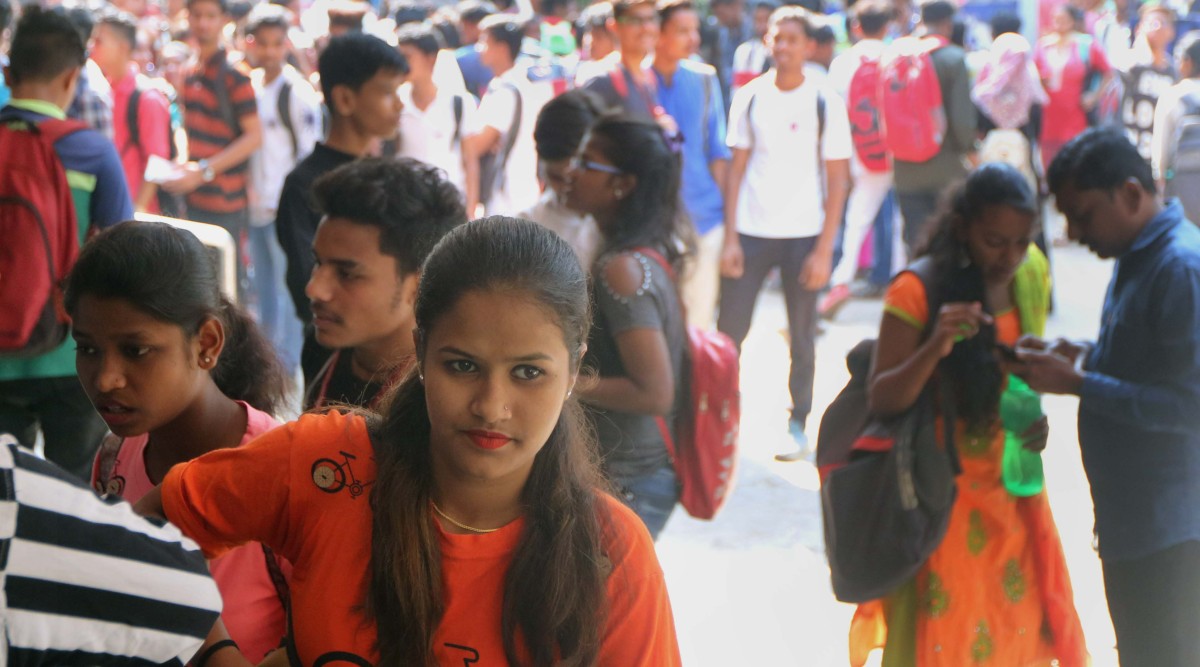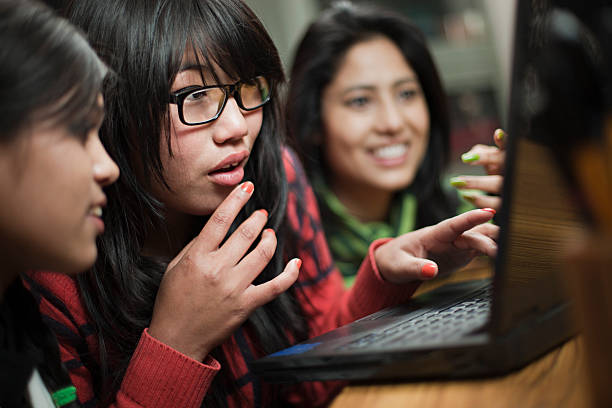I decided to study abroad for the first time in 2015, when I was 22. I chose the United Kingdom primarily because of its one-year intensive MSc Finance programmes — it matched my urgency to enter the professional world quickly. I wasn’t keen on the longer two-year structures in the US or Canada, and the UK’s global reputation in finance made it a natural choice. London, especially, felt like a hub where exposure, opportunity, and cultural diversity all met.
I am from a small town called Badaun in Uttar Pradesh. I moved out in my early childhood from my hometown and was enrolled in a boarding school in Nainital. I appeared for my Class 10 and 12 CBSE board exams from the boarding school. Between 2010 and 2013, I pursued a Bachelor of Commerce from the University of Delhi, a course that gave me a strong foundation in business and finance, before heading to the UK for the MSc Finance programme at Queen Mary University of London in 2015.
The decision wasn’t impulsive. I looked at a few UK universities and handled the entire admission process myself. The requirements were pretty straightforward: academic transcripts, degree certificates, Statement of Purpose (SOP), recommendation letters, a CV, and an IELTS score — even though I had studied in English throughout. Compared to what friends told me about US applications, this felt much more streamlined, quicker offer letters, and clearer visa procedures.
London’s student community is supportive
I didn’t apply for any scholarships either time; I was self-funded. When I landed at the Heathrow airport with two massive suitcases, everything felt new — the accents, the early store closings, even self-checkout kiosks at supermarkets. I struggled with groceries (there were so many kinds of bread and cheese), missed home spices, and found tenancy paperwork daunting. But the student community was warm, and I quickly found my rhythm.
What stood out about studying in the UK was how application-based everything was. Unlike the exam-heavy system I came from, here it was about what you thought — through discussions, case studies, and analysis. I vividly remember being called out in class by a professor who appreciated how I “challenged assumptions in a structured way.”
The London campus wasn’t a traditional bubble — you stepped out of class and right into the city’s pulse. Whether it was industry talks, client meetings, or catching a play, the environment always pushed you to explore. I hung out with friends in cafés around Soho or walked by the river when the sun was out. When I worked part-time during my MSc, I did academic support gigs — they paid around £10–12/hour and helped with living expenses.
Story continues below this ad
‘Wanted to test my ideas in a global environment’
After finishing my MSc Finance in January 2017, I returned to India, and since then, from March 2017, I have been working. I have been associated with roles in financial modelling and operations management in multiple organisations.
I even started my own business in financial and strategy consulting in 2022. It is based in Noida, Uttar Pradesh. When my MBA is over, I want to scale my business. I also plan to get it dually registered in the UK in the next two years.
Fast forward to 2024 — I returned to the UK for an MBA at 31. This time, it wasn’t just about academics. I was already experienced and wanted to test my ideas in a global environment. I wanted to experiment with my thoughts and strategies whilst getting to learn how different parts of business operate, not just my department.
I didn’t even consider other countries — I was less focused on select UK programmes that aligned with my vision. What tipped the scales for Kingston University was my conversation with Pauline Parker, the director of MBA and Executive Education. Her clarity and warmth made a big impression.
Story continues below this ad
Coming back felt strangely like coming home. I was more confident and knew what to expect. The culture shock was gone. I already knew how to negotiate rent, manage bills, and navigate grocery aisles. I even revisited old haunts. But I also saw how first-timers struggled — especially with the fast-changing housing scene and settling in.
A day in my life
My daily routine this time around is well-structured: I begin with emails and market news, then hit the gym, attend classes or meet project groups, and spend time building my business ideas. When I get time off, I dive into London’s public libraries — they’re my favourite places to recharge. I still manage to squeeze in at least one play a week.
I’ve also been working on consulting projects and running a small advisory — far more rewarding and better-paying than the usual student jobs. And I’ve made space for hobbies too: I love reading strategy books and Asian historical web novels, and I even build micro business models for fun.
What I treasure most about university life are the spontaneous conversations — the kind that begin casually and end in debates about market trends or business models. Those are the moments that gave me clarity — some even inspired frameworks I now use in real work.
Story continues below this ad
How studying abroad helped me
Studying abroad changed me both times. At 22, it taught me independence. At 31, it sharpened my vision and reminded me how experimenting at any stage of life can lead to immense growth. It showed my peers and family that you’re never too old to evolve.
What do I love most about London? It’s ability to bring the world to your doorstep. You can have Korean for lunch, Lebanese for dinner, and sit next to a Brazilian or a Japanese student in class — it keeps your mind open.
Looking back, I know one thing for sure — coming to the UK, both in my early 20s and now in my 30s, wasn’t just about education. It was about becoming a fuller, more fearless version of myself.
(This letter is part of a series by The Indian Express where we bring to you the experiences of students at different foreign universities. From scholarships and loans to food and cultural experiences — students tell us how life is different in those countries and things they are learning other than academics)








